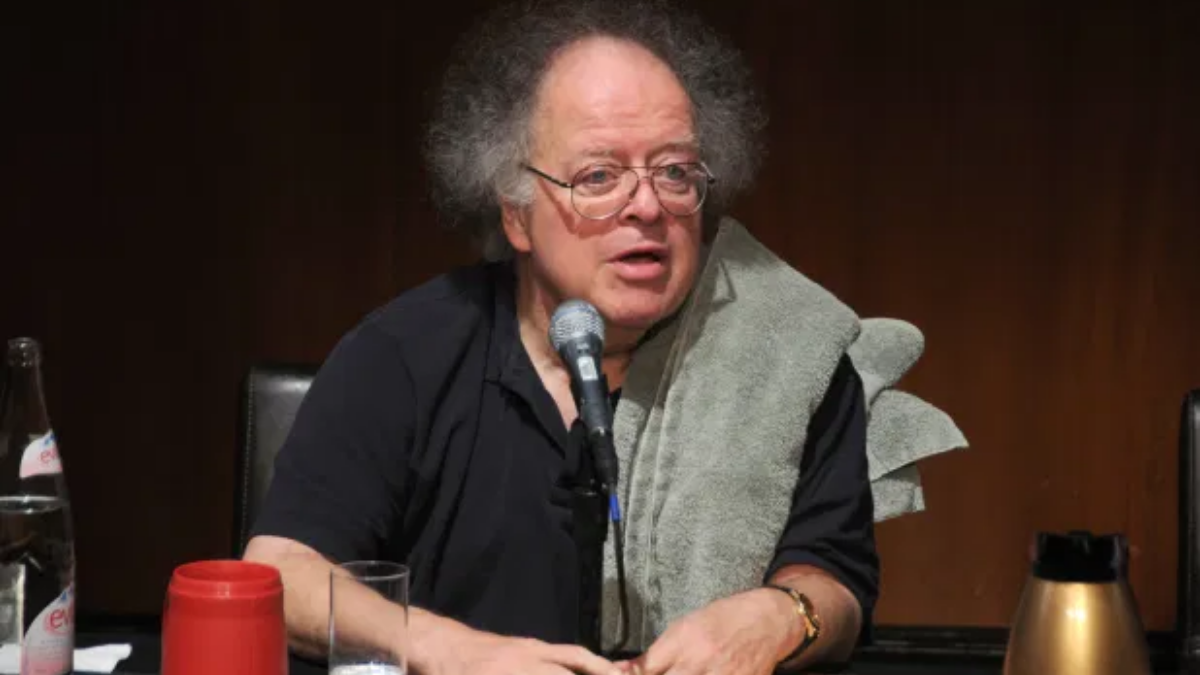Legendary conductor James Levine has been at the head of the Metropolitan Opera for over 40 years. He recently stepped down from his position due to health reasons and for being accused of sexual harassment. He has died at the age of 77. His physician, Dr. Len Horovitz stated that he had been treating Levin for about 17 years and that he died of natural causes.
Levine started working for the company back in 1971 where he conducted 2,552 performances. He became artistic director for five years before being replaced by general manager Peter Gelb. Levine became the head of the young artists program where he conducted his final performances and also gained public scrutiny for allegations of sexual harassment that has taken place since the 1960s.
He was terminated from the company and never allowed to conduct again. He was going to make a comeback and conduct some shows in Italy but they had to be canceled due to the infection rate of COVIID-19.
“No artist in the 137-year history of the Met had as profound an impact as James Levine,” Gelb expressed in a statement. “He raised the Met’s musical standards to new and greater heights.”
Following the death of Leonard Bernstein in 1990, Levine became recognized as the best American conductor. He also worked at pioneering the sounds that take place during an opera; he spent many hours of research trying to figure out how to make sound more innovative for audiences.
Over time Levine has been diagnosed with Parkinson’s disease. He started conducting from a chair in 2001 and his symptoms became impossible to hide by 2004. His health was significantly worse by 2006 when he had a ball fall during a curtain call during a performance at Boston’s Symphony Hall; he tore a rotator cuff which required surgery.
After repairing his rotator cuff, Levine had an operation in 2008 to remove a kidney and another operation in 2009 to repair a herniated disk in his back. By 2011 he had been suffering from spinal stenosis. Later on that year he had another bad fall that damaged a vertebra. When he finally made a return in 2013, he was conducting from a motorized wheelchair.
After the sexual harassment allegations were made public, the Met retained former US attorney Robert J Cleary of Proskauer Rose to lead the investigation into the improprieties, which included interviewing around 70 people.
“The investigation uncovered credible evidence that Mr. Levine had engaged in sexually abusive and harassing conduct both before and during the period when he worked at the Met,” the company said in a statement.
“The investigation also uncovered credible evidence that Mr. Levine engaged in sexually abusive and harassing conduct towards vulnerable artists in the early stages of their careers, over whom Mr. Levine had authority. In light of these findings, the Met concludes that it would be inappropriate and impossible for Mr. Levine to continue to work at the Met.”
Levine submitted litigation at the Met claiming it had a breach of contract and defamation. He was seeking $5.8 million in damages. Andrea Masley, New York supreme court justice, dismissed all accounts except for one regarding defamation, and that particular claim was settled out of court.
Levine was an extradentary talent that was committed to his art of expression. Unfortunately, due to the nature of the allegations against him, he will be view as a controversial figure. However, when focusing exclusively on music, he has brought great innovations to the world of ballet and orchestra throughout his career.

